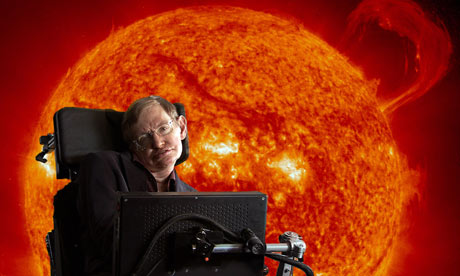Uncommon Descent Contest: What do we call people who refuse to read books they are attacking? – second award judged
 The second award offer in the recent contest, a copy of Don Johnson’s Probability’s Nature and Nature’s Probability, asks “What do you call a guy who reviews/trashes a book without reading it?”
The second award offer in the recent contest, a copy of Don Johnson’s Probability’s Nature and Nature’s Probability, asks “What do you call a guy who reviews/trashes a book without reading it?”
It goes to homerj1 at 3 for
The review is a noview and the reviewer is a noviewer.
This won because it can be used effortlessly in a sentence, as in:
Prof. Retro Darwin’s noview of biochemist Michael Behe’s latest …
Rev. Darwin Santa, noviewer of Steve Meyer’s …
Recently, Dimbo Darwin, science writer, noviewed Bill Dembski’s latest …
Ease of use is important. And dropping the pretense of reading makes for more honest communication: Read More ›
 … death ends
… death ends 

 Lots of people, including us folk at Uncommon Descent are accused of “undermining science.”
Lots of people, including us folk at Uncommon Descent are accused of “undermining science.”